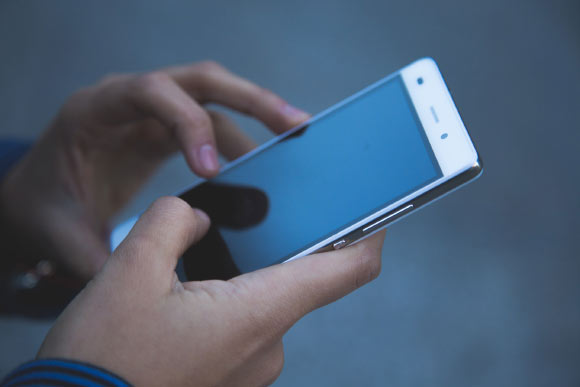A new study published in the journal Royal Society Open Science is the first to focus on several relevant but overlooked comparisons in temporal patterns of emotional expression in tweets.

Tweets can provide rich information about people’s social, cognitive, and biological processes as well as personal concerns. Image credit: Pexels.
“The advent of social networking sites has radically altered the ways in which emotions are communicated,” said Dr. Lucas Bietti from the Norwegian University of Science and Technology and Dr. Eric Mayor from the University of Neuchâtel and the University of Basel.
“Social media provides researchers with the unprecedented opportunity to track, almost in real time, changes in expressed emotions on a large scale over time and space.”
“This can be used as an indicator of the overall emotional state of the population, providing important information for the design and implementation of public health campaigns.”
The researchers analyzed more than 7 million self-referring tweets (personal pronoun + present tense verb: I am and its variations) and close to 18 million Other topic content-coded tweets collected in the most populated counties in the United States.
They found that negative emotions were least mentioned at around 8 am, and increased steadily during the day until midnight.
When using emojis in their tweets, people were most likely to use them to portray negative emotions during the middle of the week, and least likely on a Sunday.
“We found that social, cognitive, and biological processes as well as personal concerns expressed in tweets varied through the day and the week, and that such variations were associated with positive and negative emotions,” they said.
“We also observed that associations with positive and negative emotions largely varied throughout the day, and less extensively throughout the week.”
“Understanding temporal patterns of associations with positive and negative emotions in tweets should contribute to the design of socio-technical systems aimed at supporting the emotional wellbeing of individuals through social media platforms.”
“This will also foster the network of individuals who feel isolated.”
_____
Eric Mayor & Lucas M. Bietti. 2021. Twitter, time and emotions. R. Soc. open sci 8 (5): 201900; doi: 10.1098/rsos.201900







